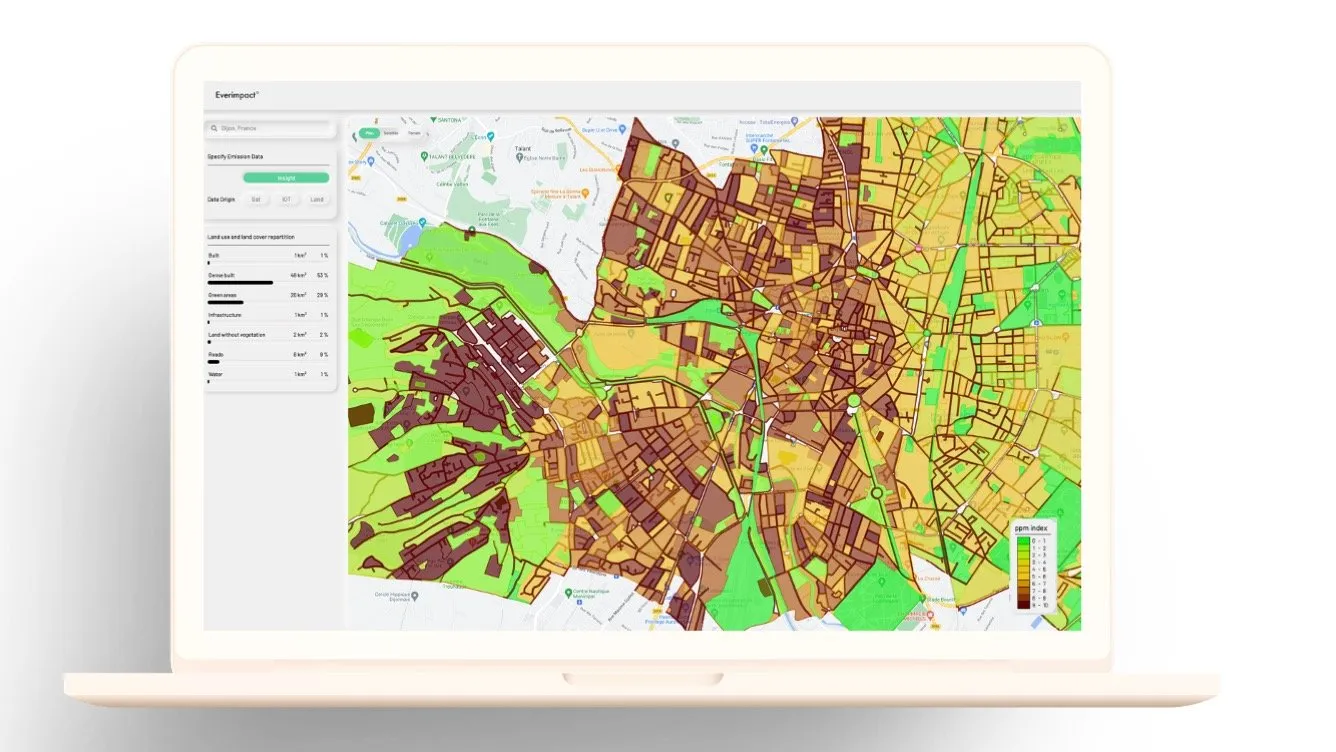Everimpact’s has received funding to the tune of $1.6 million to support bring its carbon measuring IoT hardware to the marine sector, with a consortium of eight maritime and supply chain organisations backing the company to provide financial and engineering support.
“Accelerating the engineering of Everimpact’s hardware to measure physical carbon emissions on vessels will solve one of shipping’s most overdue challenges,” said Mathieu Carlier, Founder and CEO, Everimpact.
“Complexities – like cost of hardware, extreme temperatures in exhaust stacks and weather conditions – have prevented others from cracking the code but by joining hands with maritime’s most influential through our engineering collaboration and seed raise, we really have the best opportunity to see market adoption.”
The two-pronged engineering collaboration and capital consortium approach was structured to accelerate the preparation of Everimpact’s IoT hardware for measuring of actual carbon emissions on an industrial or city-scale for the shipping market.
Wilhelmsen and Mitsubishi Corporation will lead the engineering collaboration with the start-up so that its sensors used in urban settings can withstand the harsh conditions on board vessels and in ports.
More than 100 Everimpact sensors have already been used to measure the carbon footprint of eight cities across Europe, with Dijon, France becoming the world’s first city to track live air quality and CO2 footprint at an urban scale by using the technology in digital hubs that replaced telephone booths.
The $1.6 million seed round was led by Motion Ventures and also included Asian Development Bank’s venture arm (ADB Ventures), MOL Plus, IMC Ventures, Blue Star Group and Rainmaking. Shell also recently chose Everimpact as the winner of its New Energy Challenge to trial its CO2 emissions software.
The hardware being developed for the new maritime application will display real-time actual CO2 data captured by IoT sensors installed on the exhaust stack of ships and will give vessel owners visibility on methods to optimise operations. A CO2 dashboard will allow access to emission data as it is being physically emitted to highlight potential opportunities for reductions and offer certified data for reporting and decarbonisation efforts.
The system will be installed and trialled on a select number of ships owned by Mitsubishi Corporation to validate the technology before commercialisation at scale.
“Everimpact’s solution is already proven for urban environments but we now have an opportunity to take it significantly further,” said Nakul Malhotra, Vice President Emerging Opportunities Portfolio – Maritime Services, Wilhelmsen.
“Our collaborative work could help them take a leap forward in the maritime industry and then have ripple effects on other industries too – making the hardware work onboard one of the most harsh operational settings opens up possibilities to introduce it to almost any industrial setting thereafter.”






